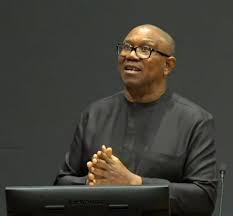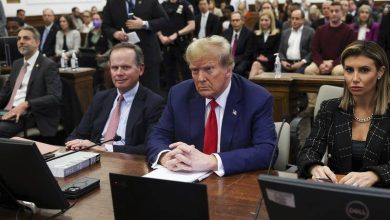
Vice President Kashim Shettima has reiterated the Federal Government’s commitment to improving access to ear, nose, and throat (ENT) healthcare services across the country. He emphasized the urgent need to upgrade Nigeria’s healthcare infrastructure, with particular focus on ENT care, in response to the rising incidence of hearing loss and the shortage of specialists in the field.
Speaking on Thursday evening while receiving a delegation from the Otorhinolaryngological Society of Nigeria (ORLSON), led by its President, Aliyu Mohammed Kodiya, at the Presidential Villa in Abuja, Shettima highlighted President Bola Ahmed Tinubu’s determination to address the sector’s pressing challenges. These include inadequate infrastructure, outdated or insufficient medical equipment, and the escalating problem of medical brain drain.
The Vice President expressed concern over the severe shortage of ENT professionals in the country, noting, “We may not have up to 500 ENT surgeons nationwide if urgent steps are not taken. That’s the reality we face today. Many of our young doctors are migrating to Europe and other regions, but we are committed to creating an enabling environment that encourages them to stay and serve.”
He assured the delegation that government intervention would extend beyond equipment procurement, stressing that the training, welfare, and retention of ENT professionals would be a key priority moving forward.
In recognition of his support for the advancement of ENT healthcare, Vice President Shettima was conferred with the honorary title of ‘Ambassador of the Otorhinolaryngological Society of Nigeria’ by Kodiya.
Earlier in his remarks, the ORLSON President raised alarm over the increasing burden of hearing loss globally and in Nigeria. Citing World Health Organisation (WHO) data, he warned that by 2050, around 2.5 billion people worldwide will experience some level of hearing loss, with more than 700 million requiring rehabilitation.
“This condition imposes an estimated global financial burden of over $1 trillion annually, due to lost productivity, healthcare costs, and social exclusion,” he said.
Kodiya also pointed out that Nigeria’s National Policy and Strategic Plan for Ear and Hearing Care, which was launched in 2019, expired in 2023 without being fully implemented. He described this as a missed opportunity to build a sustainable national framework for hearing health.
Nonetheless, he reaffirmed ORLSON’s readiness to collaborate with the government, private sector, and international partners to reduce the burden of hearing loss and enhance access to quality ENT services throughout Nigeria.




